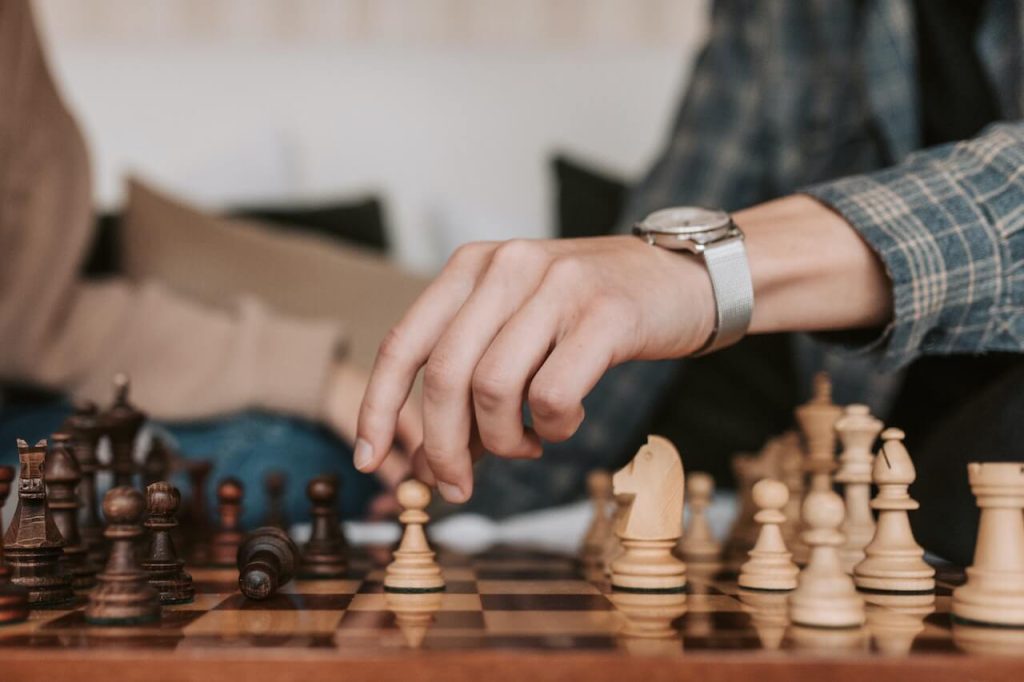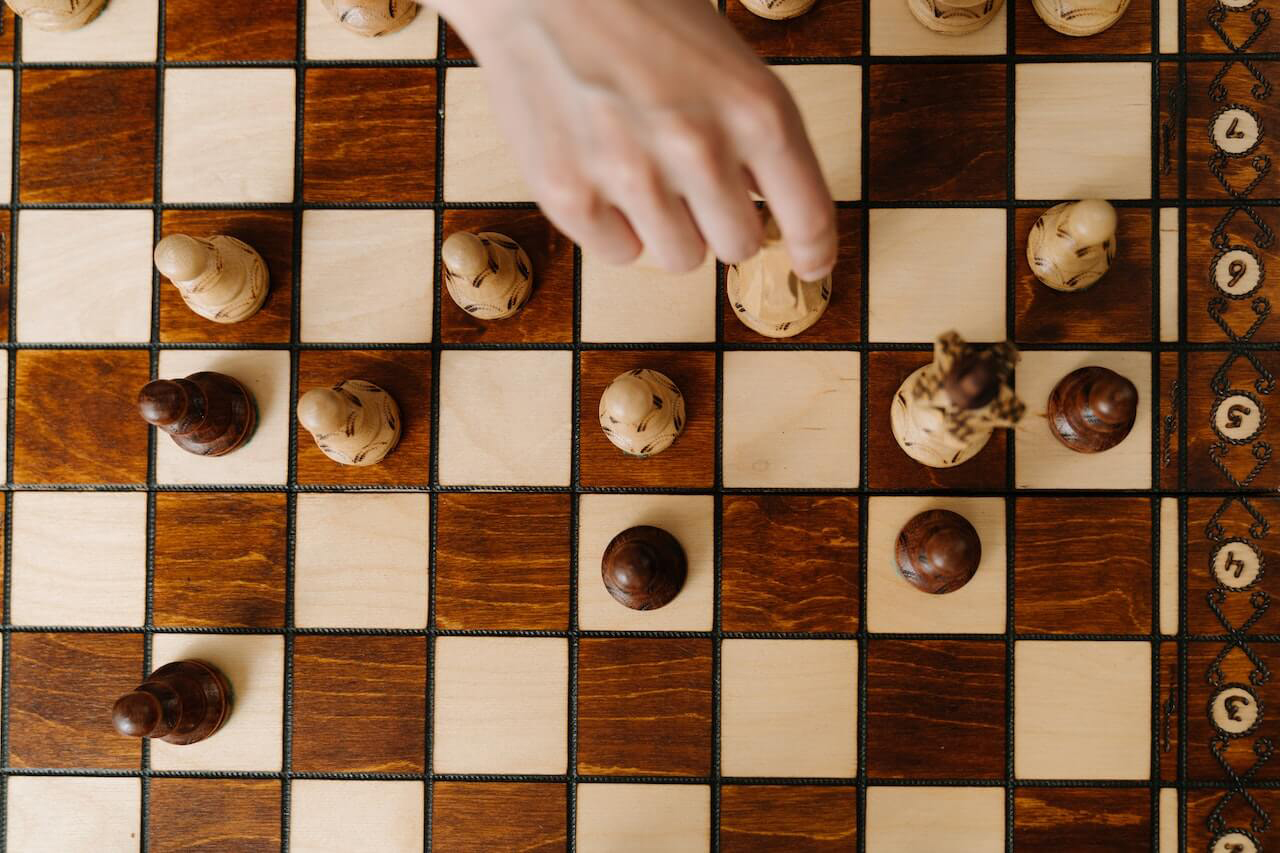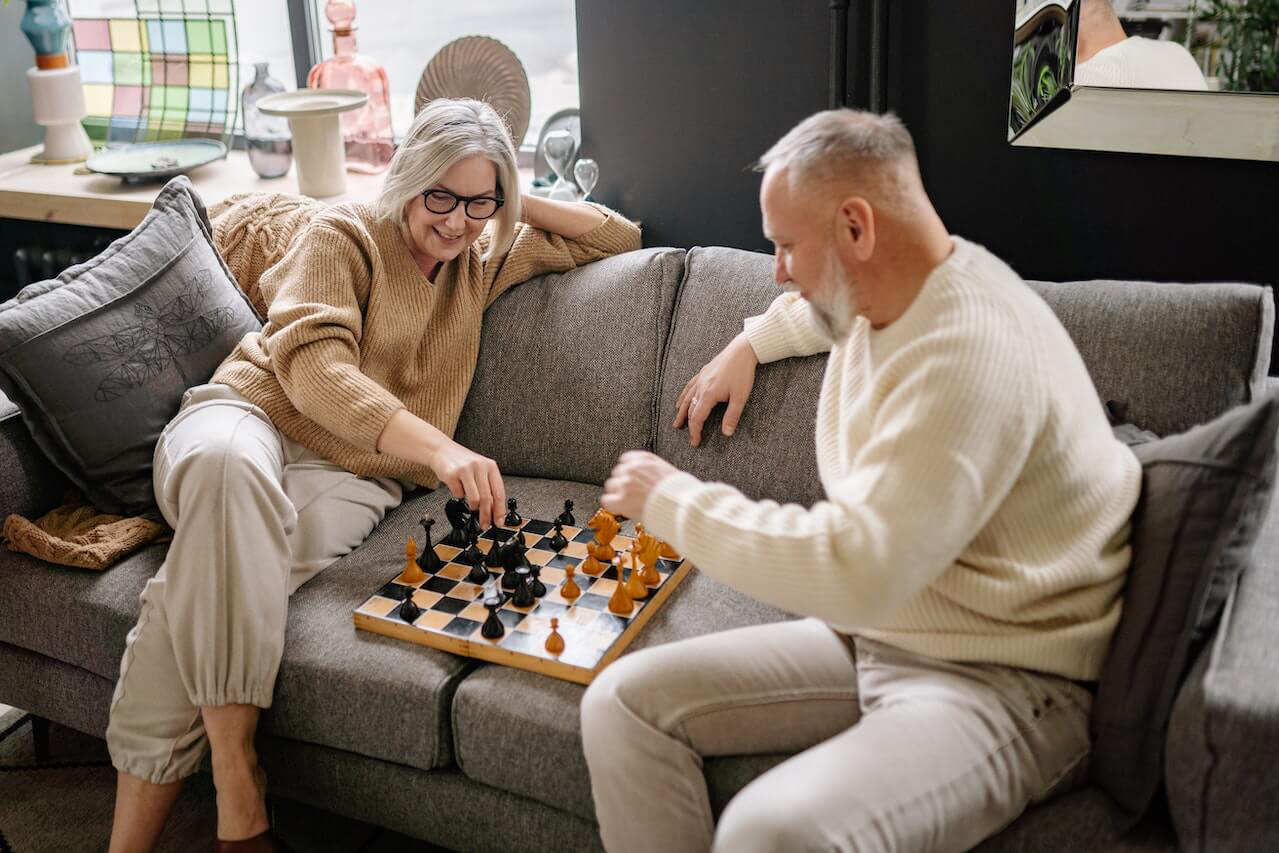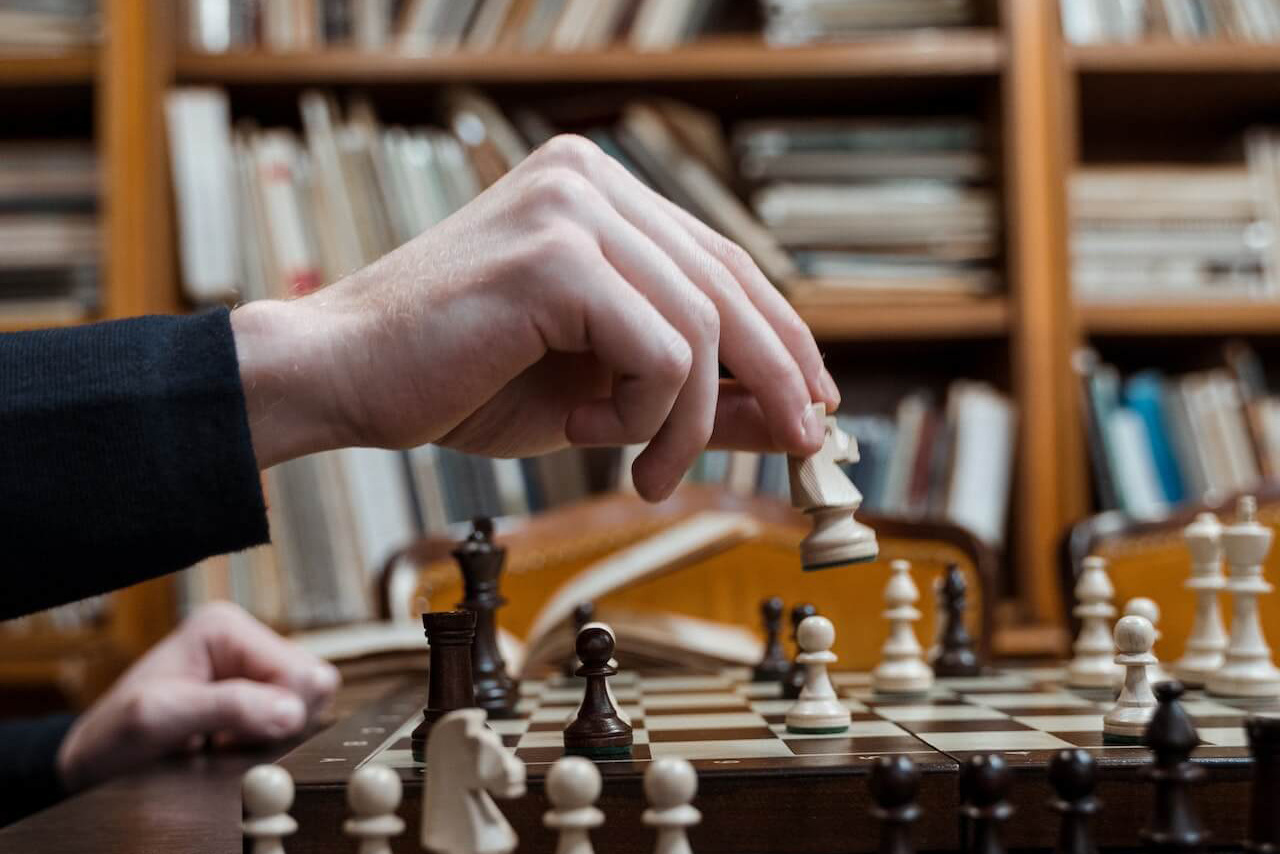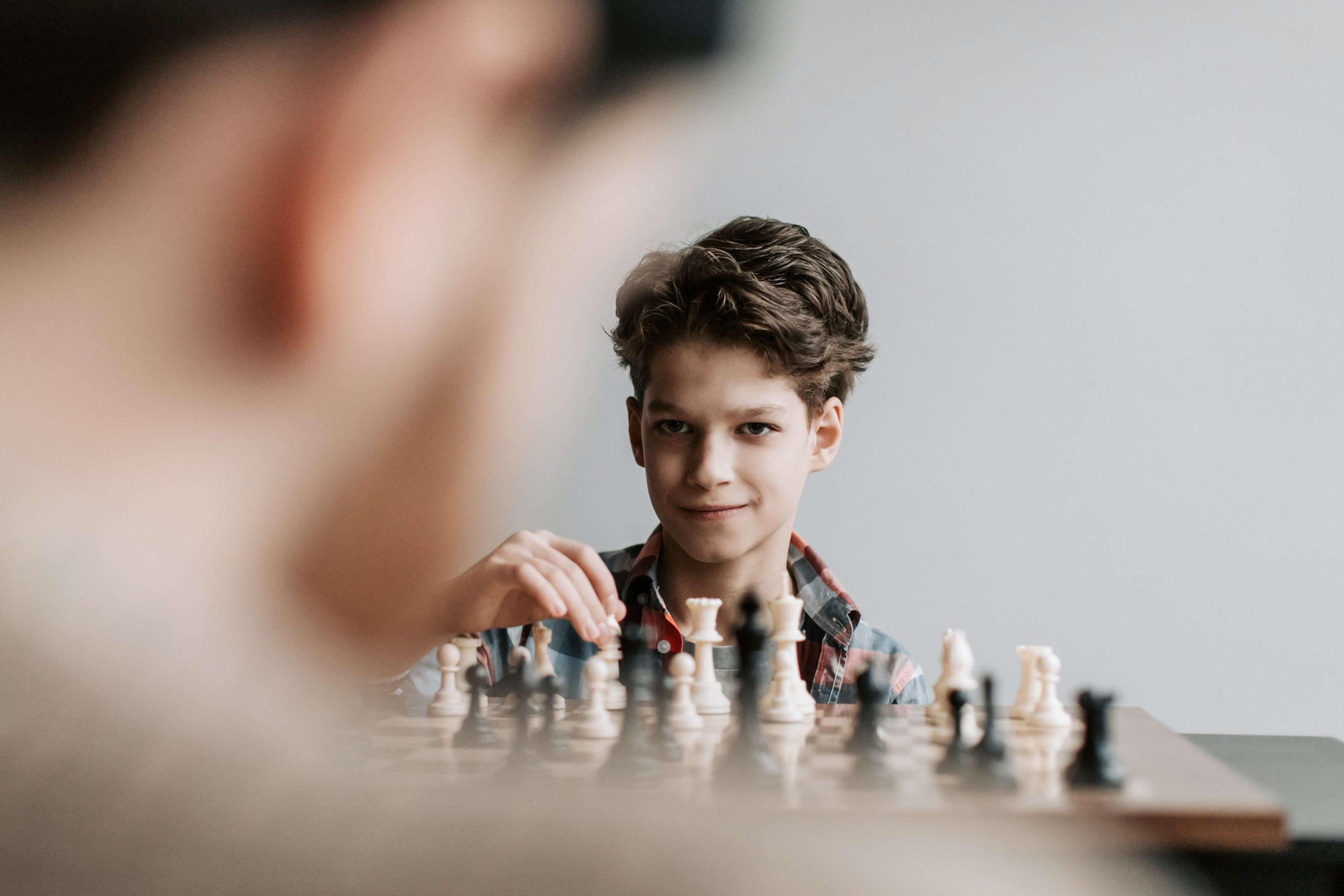No products in the cart.
Chess News, Events & Blogs
Master the Chess Board | Top 9+ Tips to Improve Your Chess Skills
Chess is a game of strategy and intellect that has captivated players for centuries. Whether you’re a beginner or an experienced player, there’s always room to improve your skills and take your game to the next level. The key to becoming a better chess player is to consistently work on your game and develop your skills through practice and learning from your mistakes. In this article, we’ll provide you with the top 10 tips to improve your chess skills and help you master the chess board. Whether you’re looking to improve your openings, middle-game tactics, endgame strategies, or overall gameplay, these tips will provide you with the tools and techniques to elevate your game and take your skills to the next level.
Table of Contents
Practice Chess Regularly
To truly master the chess board, consistent practice is key. Whether you are a beginner or an experienced player, regular practice with chess sets will help you develop and improve your skills. By setting aside some time every day to play and study chess, you can build up your knowledge, technique, and confidence on the board. It is important to be disciplined and committed to your practice routine. Even if you don’t have a lot of time to dedicate to chess each day, making a habit of practicing regularly will help you see progress and achieve your goals over time. So, if you want to master the chess board, make sure to prioritize consistent practice as a key part of your chess routine.
Study The Basics of Chess
Studying the basics is a fundamental aspect of improving your chess skills. It is essential to have a strong foundation of the rules and principles of chess to be able to make better decisions on the board. Begin by understanding the movement of each piece and how they interact with one another. From there, it’s important to learn basic tactics, such as forks, pins, and skewers, which can help you gain an advantage over your opponent. Another key area to focus on is learning common openings, such as the Sicilian Defense, the Ruy Lopez, and the French Defense. By studying these openings, you can develop a better understanding of the strategic ideas and themes that are commonly seen in chess. Additionally, learning different pawn structures and their advantages and disadvantages can give you an edge in the game. There are many resources available for learning the basics of chess, including books, videos, and online tutorials. It’s important to remember that the basics are the foundation of your chess knowledge and should be continually reinforced through practice and study.
Analyze your Chess Games
Analyzing your chess games is a crucial step in improving your skills. After a game, take some time to reflect on the moves you made and the choices you had. It’s important to not just focus on the moves you made incorrectly, but also on the ones you did correctly. Ask yourself why certain moves were made and what the alternatives were. One useful tool for analyzing your games is a chess engine. Chess engines can help you identify the best moves you could have made and the mistakes you made. Additionally, you can also analyze your games with a more experienced chess player, who can offer valuable insights and feedback. Analyzing your games can help you identify patterns in your playstyle and point out areas for improvement. It can also help you learn from your mistakes and avoid making the same ones in future games. By analyzing your games, you can develop a deeper understanding of your strengths and weaknesses and ultimately improve your overall chess skills.
Learn from Others Chess Players
Learning from other chess players is a great way to improve your skills. You can study games played by stronger players to get a better understanding of their thought processes and decision-making. There are many resources available online, including chess videos and tutorials, which can be a great source of inspiration and insight. You can also seek advice and feedback from more experienced players. Joining a local chess club or online community can be a great way to connect with other players and learn from their experiences. Playing against stronger players can also help you identify areas for improvement and give you an opportunity to learn new strategies and tactics. One effective way to practice is by playing games against opponents of varying skill levels. This will expose you to a variety of playing styles and strategies, and challenge you to adapt and improve your own game. Remember, improving your chess skills is a continuous process, and learning from others is a key part of that process. By studying and learning from other chess players, you can broaden your knowledge and develop a more comprehensive understanding of the game.
Focus on your Weaknesses
Focusing on your weaknesses is an important aspect of improving your chess skills. Identify the areas where you struggle the most, and focus on improving them. This could involve studying and practicing certain openings, improving your endgame technique, or working on your calculation skills. One way to identify your weaknesses is to analyze your games and look for recurring patterns of mistakes or missed opportunities. For example, if you constantly struggle with a particular type of endgame, you can focus on studying that particular type of endgame in more depth. By focusing on your weaknesses and actively working to improve them, you will gradually become a stronger and more well-rounded chess player. It can be tempting to focus solely on your strengths, but it is important to remember that improving your weaknesses will ultimately lead to greater overall improvement.
Use Chess Puzzles and Exercises
Chess puzzles and exercises are an excellent way to develop your chess skills and help you become a better player. They can be found in books, online, or through chess software. These puzzles typically present a chessboard situation and ask you to find the best move or sequence of moves to gain an advantage or win the game. By solving these puzzles, you’ll improve your tactical skills, pattern recognition, and calculation abilities. Doing regular exercises can also help you to identify common patterns and strategies that you may encounter in your games, enabling you to spot them more easily and respond more effectively. Incorporating puzzles and exercises into your regular chess practice is an effective way to strengthen your chess skills and become a better player.
Stay Focused on your Chess Boards
Staying focused is crucial to improving your chess skills, and it’s one of the most important factors that separates good players from great players. Chess is a game that requires intense concentration and focus, and distractions can negatively impact your ability to think clearly and make good decisions. Whether you’re playing or studying, it’s important to eliminate any potential distractions and be well-rested before you start. When you’re tired, hungry, or stressed, your ability to concentrate can suffer, which can lead to mistakes and missed opportunities on the board. To avoid this, try to find a quiet place where you won’t be disturbed, and make sure to take breaks as needed to stay refreshed and focused. It’s also important to maintain a clear and focused mindset throughout your practice sessions. In addition to avoiding distractions, there are other things you can do to improve your focus and concentration when playing or studying chess. For example, try to set goals for each session, such as working on a specific opening or practicing a particular tactical pattern. By having a clear objective in mind, you’ll be more motivated and focused throughout your practice. Finally, it’s important to remember that even a small distraction or lapse in focus can cost you the game. Whether you’re playing online or in person, try to stay sharp and stay focused throughout the entire game. By making focus and concentration a priority, you’ll be well on your way to improving your chess skills and becoming a stronger player.
Play Different Time Controls
Playing different time controls can be a great way to improve your chess skills. Each time control has its own unique challenges and demands different skills from the players. Blitz chess, for example, requires quick thinking and rapid decision-making, while classical chess allows for more time to carefully analyze and plan your moves. By playing different time controls, you can develop a range of skills that will improve your overall game. Blitz chess can help you improve your ability to calculate quickly and make decisions under pressure, while rapid chess can help you develop your strategic planning and positional understanding. Classical chess, on the other hand, can help you improve your patience, concentration, and ability to handle long games. In addition to helping you develop different skills, playing different time controls can also be a fun way to keep your practice sessions fresh and interesting. It can be easy to get stuck in a rut playing the same time control over and over, but mixing things up with different time controls can help you stay motivated and engaged.
Enjoy The Chess Game
Chess can be a challenging and competitive game, but it’s important to remember to enjoy the process of learning and improving your skills. Don’t get too fixated on winning or losing, but instead focus on playing the game to the best of your ability and enjoying the mental exercise it provides. Try to approach each game with a positive attitude and a desire to learn and improve, rather than just trying to win at all costs. This can help you stay motivated and engaged in your practice, and can ultimately lead to greater success on the chessboard. Remember, even the best chess players lose games, so don’t be too hard on yourself if you don’t always come out on top. Enjoy the journey and the opportunities it presents for personal growth and development.

